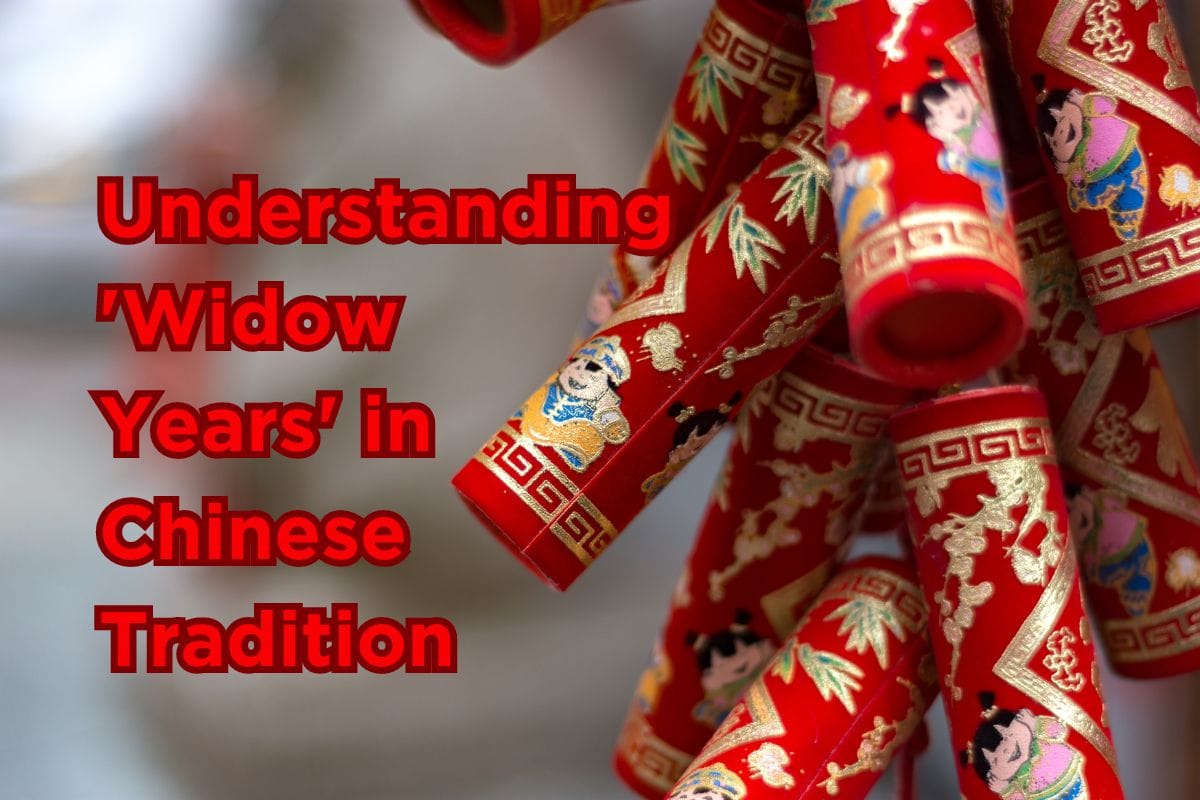
In Chinese tradition, some years bear a unique title – they are known as “Widow Years.” But what does this term mean? A Widow Year, in the lunar calendar, is a year that lacks the traditional solar term “Spring Commences” (Lichun), signifying the onset of spring. The upcoming Year of the Dragon falls under this category, as it doesn’t feature the Spring Commences solar term. This phenomenon arises due to the misalignment between the lunar and solar calendars constituting the traditional Chinese lunisolar calendar.Variety in the Zodiac CycleChina embraces a rich tapestry of 12 distinct year types, each associated with a zodiac sign and an element. Here they are:
Each year follows a 12-year cycle, and the combination of the zodiac sign and element bestows distinct characteristics in Chinese astrology.Unraveling the Origin of ‘Widow Year’The term “Widow Year” (gua fu nian in Chinese) has its roots in a historical nuance. It originates from a misunderstanding of gua nian, meaning “the year lacking Spring Commences.” In ancient Chinese culture, Spring Commences symbolized a year of blessings and good fortune, heralding the arrival of spring and renewal. The absence of this auspicious term was considered inauspicious, leading to the evolution of gua nian into the term Widow Year.Superstitions and MarriageIn Chinese superstition, Spring Commences represents masculine, yang energy. Consequently, a Widow Year without this solar term is seen as lacking yang energy, sparking the belief that women marrying during a Widow Year may encounter early widowhood or marital misfortunes. However, historical data reveals that Widow Years do not significantly impact marriage rates.Beyond Marriage: Other SuperstitionsWidow Years carry superstitions that extend beyond marriage. Traditional beliefs advise against major activities like building houses, starting businesses, or erecting tombstones during these years due to concerns about bad feng shui. However, in modern times, these superstitions have diminished.Enduring Marriage CustomsWhile many no longer alter marriage plans due to Widow Year superstitions, enduring traditions persist. Couples often consult fortune tellers for auspicious wedding dates, and symbolic decorations and rituals continue to play a significant role in Chinese wedding customs.








Leave a Reply